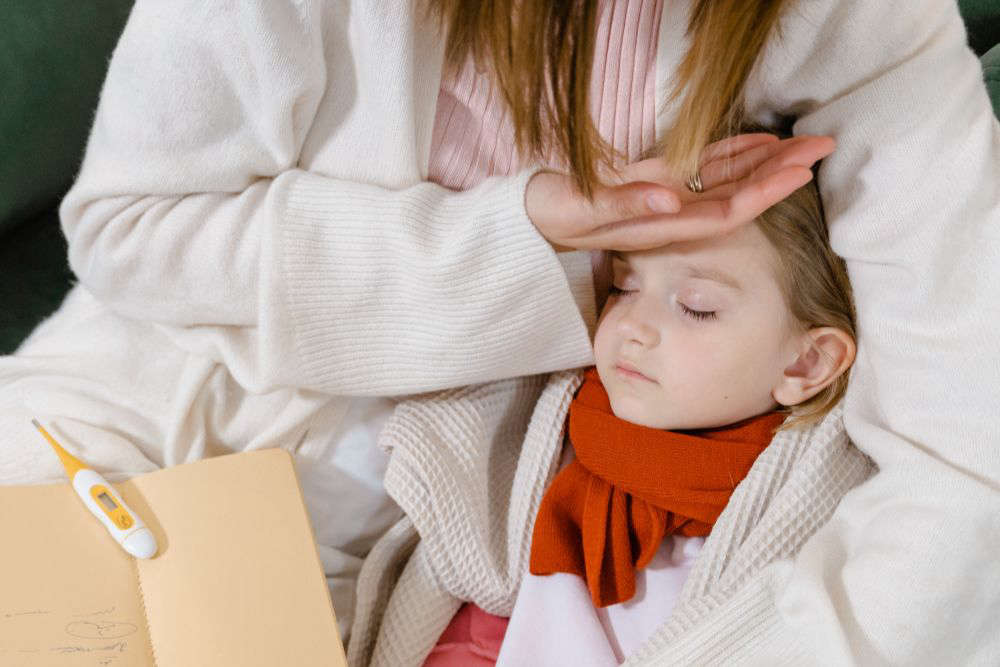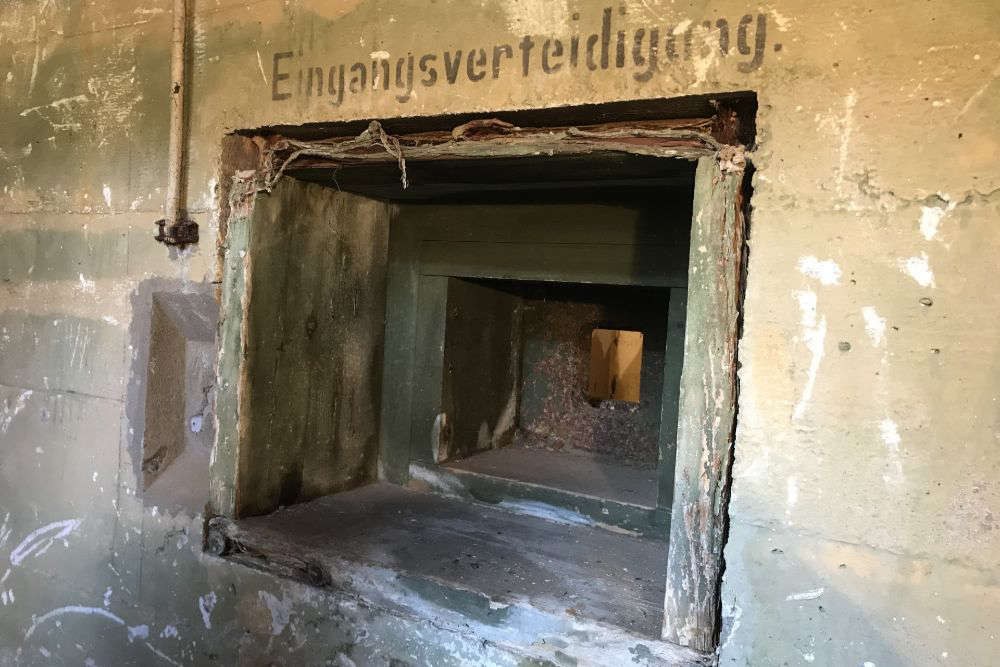
Parents in Guernsey are being asked to check their children for scarlet fever symptoms following Strep A deaths in the UK.
The advice from Health and Social Care follows the deaths of eight young children in England and Wales from the bacterial infection Strep A.
Scarlet fever cases in children are higher than normal in the UK for the time of year, according to data from the UK Health Security Agency.
There have been no confirmed infections in the bailiwick.
Scarlet fever is caused by bacteria called group A streptococci. These bacteria also cause other respiratory and skin infections such as strep throat and impetigo.
Scarlet fever is usually a mild illness but is highly infectious.
The symptoms include a sore throat, headache, and a pinkish body rash with a sandpapery feel.
HSC says any parent that suspects their child has scarlet fever should contact their GP.
"Early treatment with antibiotics reduces the risk of complications such as pneumonia or a bloodstream infection.
If your child has scarlet fever, keep them at home until at least 24 hours after the start of antibiotic treatment to avoid spreading the infection to others."
HSC says on rare occasions the bacteria can get into the bloodstream and cause an illness called invasive Group A strep (iGAS).
Cases of invasive Group A strep have increased in the UK, particularly in children under the age of 10.
Pupils at primary schools in England affected by Strep A could be given antibiotics as a blanket prevention measure.
The UK government's considering the plan - described as rare by health officials.
Reported cases of scarlet fever in the bailiwick have remained stable, and there has been no confirmed cases of invasive Group A strep in under 18s.
Alex Hawkins-Drew, Associate Director Public Health says it's very important that parents and carers of children are aware of the signs and symptoms of iGAS and where to obtain help.
"There are lots of viruses that cause sore throats, colds and coughs circulating. These should resolve without medical intervention. However, children can on occasion develop a bacterial infection on top of a virus and that can make them more unwell.
I understand that parents must be very anxious but Strep A is something that we have all dealt with and I want to reassure parents that that GPs, Emergency Department and the paediatric department will be extra vigilant
As a parent, if you feel that your child seems seriously unwell, you should trust your own judgement."
Contact your GP if:
• your child is getting worse
• your child is feeding or eating much less than normal
• your child has had a dry nappy for 12 hours or more or shows other signs of dehydration
• your baby is under 3 months and has a temperature of 38°C, or is older than 3 months and has a temperature of 39°C or higher
• your baby feels hotter than usual when you touch their back or chest, or feels sweaty
• your child is very tired or irritable
Call 999 or go to the Emergency Department if:
• your child is having difficulty breathing – you may notice grunting noises or their tummy sucking under their ribs
• there are pauses when your child breathes
• your child’s skin, tongue or lips are blue
• your child is floppy and will not wake up or stay awake
• your child has a non-blanching rash (doesn’t go with the glass test)


 New woodland for Alderney's 80th Homecoming
New woodland for Alderney's 80th Homecoming
 Guernsey States 'in talks' with easyJet
Guernsey States 'in talks' with easyJet
 Guernsey's airline Aurigny takes on six new First Officers
Guernsey's airline Aurigny takes on six new First Officers
 Call for more transparency over Guernsey Electricity's charges
Call for more transparency over Guernsey Electricity's charges
 Guernsey Police investigate 'unexplained death' in St Peter Port
Guernsey Police investigate 'unexplained death' in St Peter Port
 Senior Guernsey politician to stay on committee during police investigation
Senior Guernsey politician to stay on committee during police investigation
 Iconic Guernsey restaurant to close before Christmas
Iconic Guernsey restaurant to close before Christmas
 Protected status of Guernsey bunker changed by planners
Protected status of Guernsey bunker changed by planners




